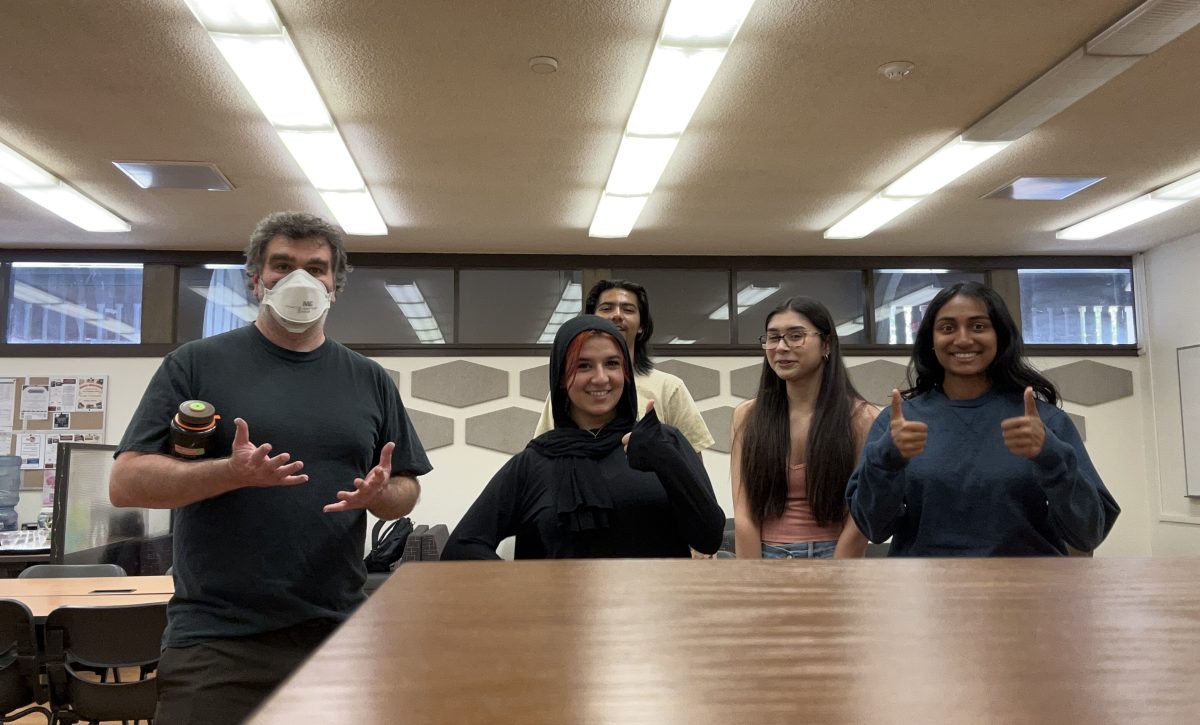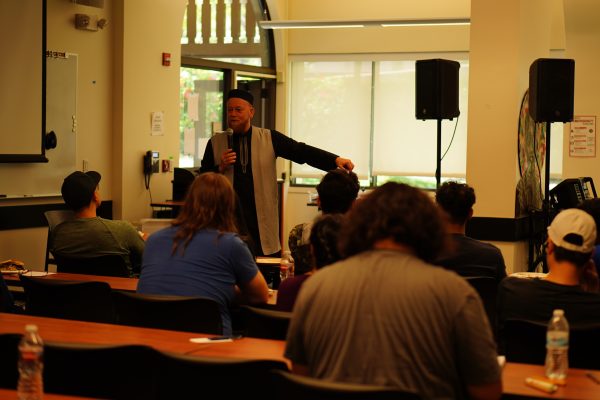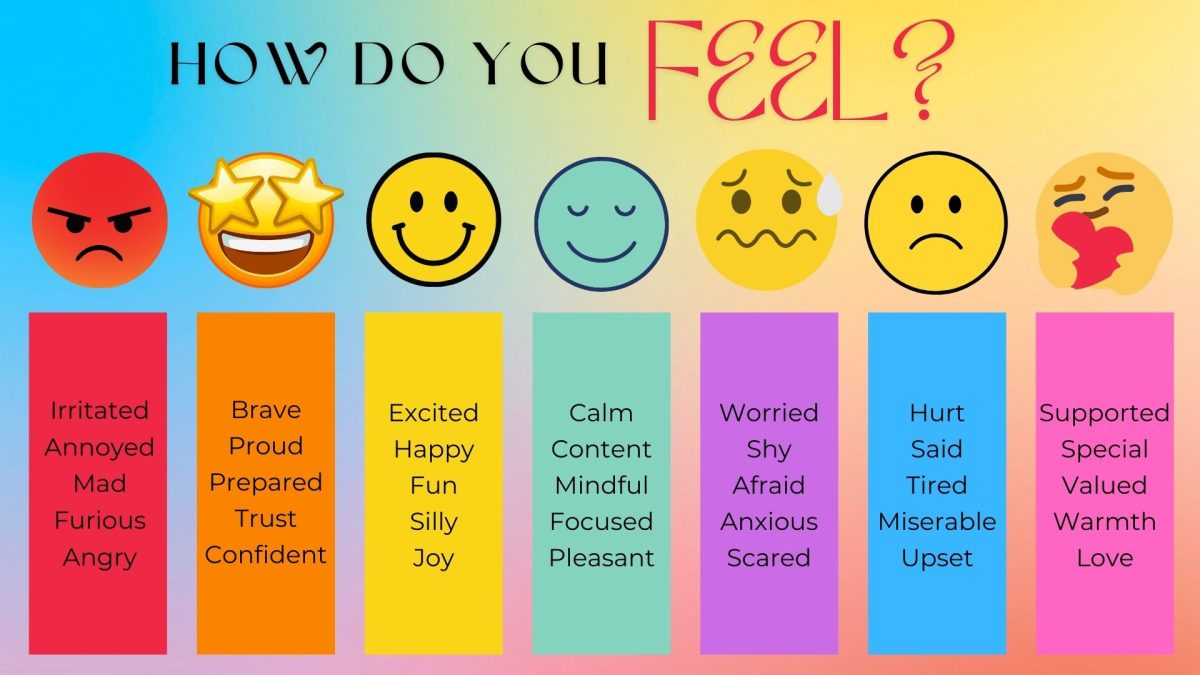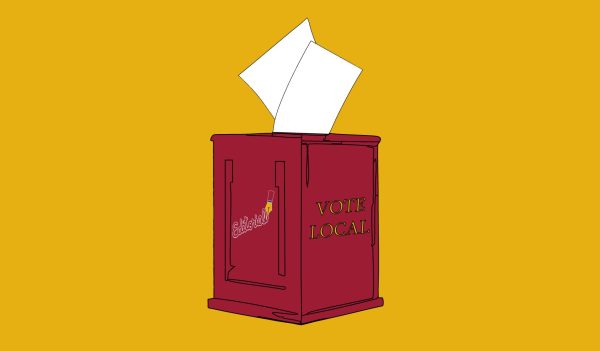Don’t surrender to fake news
March 27, 2020
Fake news presents one of the most immediate and pervasive threats to the health of American democracy and discourse. To prevent the further degradation of our civil society, we must act with urgency and purpose to stop the viral spread of disinformation and outright lies.
In December 2016, a man walked into a Washington D.C. pizza restaurant armed with an assault rifle, threatened an employee working there and fired three shots inside the building.
The man had been convinced by an elaborate, credulity-straining hoax widely propagated online by conspiracy theorists and “news” sites that claimed Hillary Clinton and her campaign manager ran a child sex-trafficking ring through the business.
Fortunately, nobody was hurt, but the incident highlights the danger that fake news poses to society.
Of course, the proliferation of fake news in recent years has insidious and far-ranging effects that go beyond individual occurrences such as this.
Readily accepting misinformation and lies as fact pits subsets of society against their fellow citizens and sows distrust in democratic norms and ideals. Disbelief in and mistrust of science, rationality and reason encourages actions harmful to ourselves and our planet and discourages self- and group-responsibility.
With so many actors and mediators, producers and consumers of news, the issue of fake news requires a similarly wide range of interests to address it. It is an issue that all participants of the media landscape need to address from Silicon Valley corporations to elected officials to individual viewers.
Social media and technology companies must actively counter the pervasive spread of false information. One way to do this is to incorporate algorithms that detect fake news or unreliable sources, and then flag those articles as misleading and take them out of other algorithms that would put them in front of users.
Researchers at UC Santa Cruz have shown algorithms can correctly classify over 99 percent of posts, but it is imperative that unbiased human fact checkers are used to verify results.
Companies also need to stop allowing fake news proprietors to profit so freely from their deliberately misleading stories.
Advertising companies should refuse to place ads on fake news sites and search engines and social media companies should discourage users from visiting those sites, whether through warnings or decreasing visibility.
There are those who might think these suggestions fly in the face of the freedoms guaranteed by the First Amendment. However, the First Amendment does not govern the actions of private corporations, which, allowed to grow and thrive in a free and democratic society, ought to bear some sort of civic responsibility.
The government should play no part in limiting speech or expression, even if deliberately false. It should encourage a free and open press, and refrain from attacking independent journalism, which in this country has unjustly impacted the credibility of responsible organizations to the benefit of irresponsible ones.
In reality, the onus is on us, the users and consumers, to stymie the plague of fake news that has been poisoning public discourse and degrading civil relations.
Huge profit-machines will drag their feet on anything that will hurt their bottom line to the benefit of society, and there is no indication that the current administration will stop its relentless promotion of lies and conspiracy theories to the American public.
It is important to think critically when confronted with news, especially when that news is outrageous or sensational. Verify the source of the story, and check with other reputable organizations to see if they are reporting on the same subject.
Don’t assume everything you agree with is right, and everything you disagree with is wrong. Follow a diverse range of sources and be willing to admit that your previous views on a subject might be incorrect – there is nothing wrong with that.
One effective measure to counter the spread of misinformation is to simply not repeat it. Cognitive psychologists from USC found that repeating misinformation, even when directly refuting it, spreads that information to larger audiences and brings a sense of controversy to well-established facts.
Fake news is a problem that is unlikely to disappear any time soon, but is one that cannot be allowed to thrive.
The everyday efforts needed to combat it are worth the time and energy because the negative effects of it are colossal. With enough attention and energy from consumers, from companies, from academics and political leaders, it is a problem that can be diminished.
Image by Colin Behrens from Pixabay






























